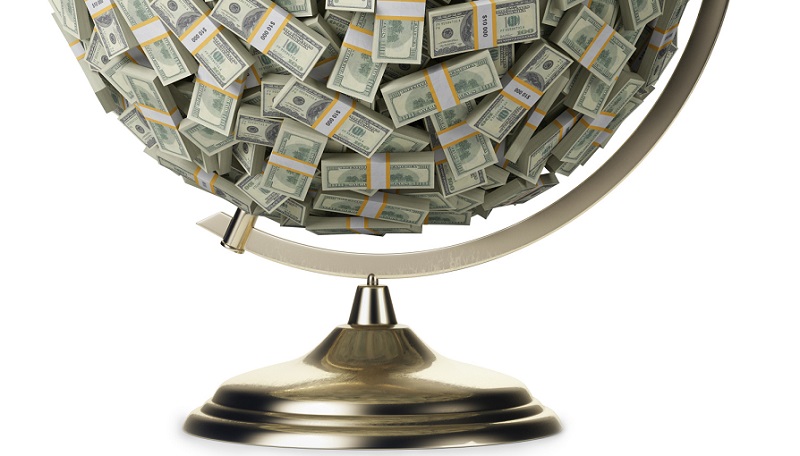Household budgeting begins with a very simple principle; the money you pay out must be less than the money you bring in. On paper this seems easy enough. If you spend more than you earn then you will get into debt, it’s as simple as that. In practice this principle can be harder than you think, as both income and outgoings can vary considerably throughout the year, depending on your commitments and your job.
One of the best ways to keep on top of all these numbers is to write everything down clearly and leave the list somewhere you can see it – on the fridge, for example. Write down, for each month, how much you bring in and then on a separate sheet, write down all of your outgoings. Don’t forget to budget for things like birthdays, Christmas and holidays so you know you’re covered. Also try to add in a certain amount for unexpected expenses – this should keep your head above water should you be hit with an unplanned expense (this is much more common than you may realise).
Once you’ve totalled these lists out, you should take the expenses amount away from the income amount. If the number you’re left with is minus, then you’ll need to make some changes. In cases like this, you may find that it’s best to start at the top of your outgoings list and work your way down. Look at each payment in turn; can you lower this and save money? If you’re living in a house that’s too big for you then why not downsize in order to save money in the long run? If you are paying a direct debit for your electricity and gas, why not check your balances with your provider? You may be in credit to the extent that you can claim your money back and lower your payments. If not, are there cheaper utility companies out there that you can switch to in order to save money?
If you pay a lot of money servicing debts each month, is there any way that you can bring these down a little by looking into consolidation? There are literally hundreds of things you could do in order to tweak your finances. Even tiny savings can all add up in the end, so don’t avoid making savings simply because the gains are small.
Make conscious spending a habit and write down on a third list the things which you’d like to buy/afford this month. This could be something small like a glass of wine after work with colleagues, to something larger like a new vacuum cleaner. Think carefully about every item on this list and if you can, shop around for the cheapest and most economical alternative. If you see something that you want to buy and it’s not on the list, then try to leave it for 24hrs before making the actual purchase. This will give you the time to get over the immediate ‘impulse buy’ high and if you still want it after this time, you can try to fit it into your spending budget.
